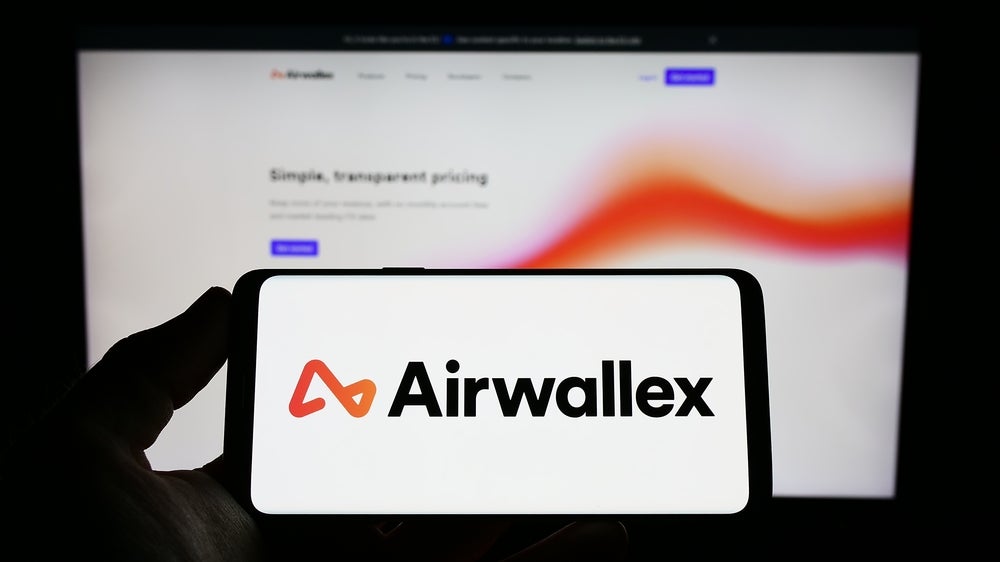
In Singapore’s dynamic e-commerce landscape, payment cards reign supreme, commanding over 40% of the market share for online transactions in 2023. As consumers increasingly pivot towards digital channels, the country’s e-commerce market is expected to register a robust 13% growth in 2024 to reach $16.6bn. This surge can be attributed to advanced tech infrastructure and the growing adoption of alternative payment methods, reveals GlobalData, a leading data and analytics company.
GlobalData’s E-Commerce Analytics reveals that Singapore e-commerce market is set to increase at a compound annual growth rate (CAGR) of 9.1% between 2024 and 2028 to reach $23.6bn in 2028.
Poornima Chinta, Senior Banking and Payments Analyst at GlobalData, commented: “Singapore’s e-commerce market is well developed supported by the country’s robust technology infrastructure, which ensures the availability of high-speed internet, rising smartphone penetration, high urbanisation, and growing number of tech-savvy customers.”
According to the Infocomm Media Development Authority (IMDA), 99% of households in Singapore have access to the internet, while 97% of the households have a smartphone, thereby providing required infrastructure for e-commerce payments. Furthermore, online shopping festivals such as Black Friday, Cyber Monday, and the Great Singapore Sale have also contributed to the overall growth of e-commerce in Singapore.
GlobalData’s 2023 Financial Services Consumer Survey found that e-commerce payments in Singapore have traditionally been led by payment cards with 40.1% share in e-commerce payment value in 2023.
Credit and debit cards account for 31.9% share in Singapore
Among the card types, credit and charge cards are highly favoured, accounting for a 31.9% share. This is due to the value-added benefits, including interest free instalment payment options, reward programs, cashback, and discounts associated with these cards.
How well do you really know your competitors?
Access the most comprehensive Company Profiles on the market, powered by GlobalData. Save hours of research. Gain competitive edge.

Thank you!
Your download email will arrive shortly
Not ready to buy yet? Download a free sample
We are confident about the unique quality of our Company Profiles. However, we want you to make the most beneficial decision for your business, so we offer a free sample that you can download by submitting the below form
By GlobalDataHowever, alternative payment tools are slowly catching up with payment cards as the second most preferred payment method for e-commerce payments. This can be attributed to the security, convenience, and comfort associated with this payment method. Alternative payments collectively accounted for a 38.6% share in 2023 with some of the popular brands being Apple Pay, PayPal, and Google Pay.
The growth of alternative payments has also been driven by the rising popularity of buy now, pay later (BNPL) solutions. Some of the prominent BNPL brands in Singapore are Hoolah and Atome. In a bid to boost usage, Atome partnered with e-commerce giant Amazon in May 2023 to offer the latter’s customers with its zero interest, pay-in-three, option at checkout.
Bank transfers are also on the rise with 15.5% share in total e-commerce transaction value in 2023. This is supported by the availability of instant payment systems FAST and PayNow, which allow users to transfer funds from one bank account to another on real-time basis.
Notably, cash on delivery also accounts for more than 5% of ecommerce payments, highlighting the importance of cash transactions in the country.
Chinta concluded by saying: “As Singapore’s e-commerce market continues to flourish, millennials and Generation Z are rapidly embracing the convenience and flexibility of alternative payment methods, which are set to challenge the dominance of payment cards in near future.”







